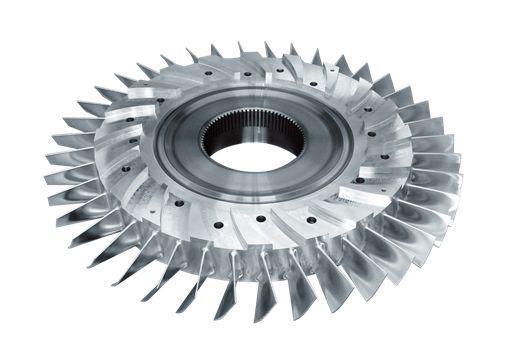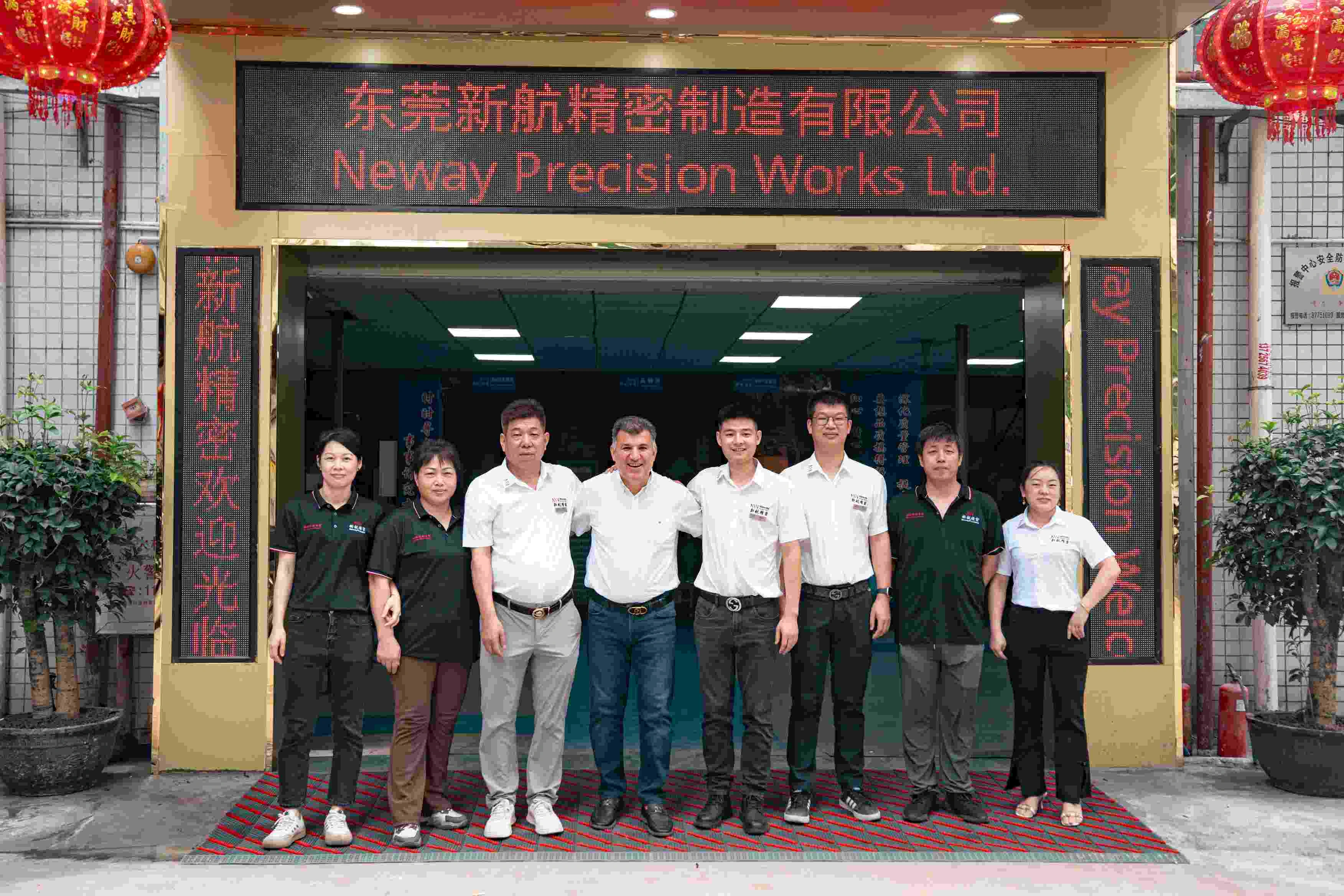Inconel Alloy Superalloy Precision Forging Turbine Wheel
Introduction
Inconel alloy precision forging is a critical process for manufacturing turbine wheels that must endure high rotational speed, thermal stress, and corrosion in harsh gas environments. At Neway AeroTech, we forge Inconel 718, 625, and 738 turbine wheels for use in aerospace propulsion systems, power generation turbines, and industrial energy applications. These forged wheels offer superior mechanical properties, long fatigue life, and excellent dimensional stability in working temperatures up to 750°C.
Precision forging not only improves grain alignment and eliminates casting defects but also reduces machining allowances, making it ideal for highly loaded turbine rotors and wheels.
Core Technology of Inconel Forged Turbine Wheels
Billet Selection and Preheating: Inconel 718, 625, or 738 alloy billets are selected based on the operating environment and preheated to 1050–1150°C.
Closed-Die Precision Forging: High-tonnage hydraulic presses deform the billet with controlled strain rate, aligning grain flow along stress-bearing paths.
Grain Structure Optimization: Forging achieves fine, uniform grain size (ASTM 9–12), improving fatigue and creep resistance in rotating turbine wheels.
Solution and Aging Treatment: Heat treatment dissolves segregations and precipitates strengthening phases like γ′ and γ″ for Inconel 718.
CNC Machining and Balancing: Final features such as bores, blade slots, and bolt circles are machined to ±0.01 mm using multi-axis CNC machining.
Non-Destructive and Dimensional Testing: Internal integrity validated with X-ray inspection and geometry verified using CMM.
Material Characteristics of Forged Inconel Turbine Wheels
Property | Inconel 718 | Inconel 625 | Inconel 738 |
|---|---|---|---|
Max Operating Temp | 700–750°C | 650°C | 980°C |
Ultimate Tensile Strength | 1240–1380 MPa | 930–1040 MPa | 1130–1250 MPa |
Yield Strength | ≥1030 MPa | ≥600 MPa | ≥850 MPa |
Fatigue Resistance | Excellent | High | Very Good |
Creep Resistance | High | Moderate | High |
Machinability | Moderate | Good | Moderate |
Case Study: Inconel 718 Forged Turbine Wheel for Heavy-Duty Industrial Gas Turbine
Project Background
A turbine system integrator needed a forged turbine wheel with superior fatigue and creep strength for a 20 MW-class industrial gas turbine operating at 720°C and 12,000 RPM. Inconel 718 was selected for its balance of strength, oxidation resistance, and proven long-term reliability.
Typical Applications of Forged Inconel Turbine Wheels
GE LM2500 Gas Turbine Wheel (Inconel 718): High-speed turbine module with forged wheels for long-hour base-load and marine propulsion operations.
Solar Titan 130 Wheel (Inconel 625): Used in energy production skids, balancing corrosion resistance and durability for moderate thermal loads.
Rolls-Royce Avon Industrial Rotor (Inconel 738): Designed for elevated-temperature combustion gases and high-cycle fatigue resistance in aviation-derived turbines.
Siemens SGT-100 Turbine Wheel (Inconel 718): Forged wheels provide structural stability and tight rotor-to-casing clearances for efficient power output.
Manufacturing Workflow
Billet Forging: Homogenized Inconel billets forged at 1100°C into near-net shapes, minimizing machining allowance and enhancing grain flow.
Flash Removal and Stress Relief: Trimming and controlled cooling used to prevent distortion and residual stress after forging.
Solution Heat Treatment and Aging: Inconel 718 heat-treated at 980°C followed by aging at 720°C and 620°C to maximize tensile and fatigue properties.
CNC Machining: Blade roots, hub bores, and bolt interfaces machined with ±0.01 mm precision on multi-axis CNC platforms.
Surface Finishing (Optional): Shot peening and optional TBC coating applied for enhanced thermal fatigue performance.
Inspection and Qualification: 100% of wheels undergo X-ray NDT and CMM dimensional verification to meet ASME and OEM standards.
Results and Verification
Mechanical Properties: UTS >1350 MPa and YS >1030 MPa validated at 700°C for Inconel 718 wheels.
Fatigue Life: Confirmed >30,000 high-cycle fatigue cycles under simulated load and thermal shock conditions.
Creep Resistance: <0.4% creep deformation over 1000 hours at 720°C under design stress.
Dimensional Precision: Final dimensions verified within ±0.01 mm on all critical surfaces using advanced CMM systems.
Internal Quality: Zero internal defects detected via X-ray and ultrasonic testing; consistent grain size (ASTM 10–12) achieved throughout.
FAQs
Why is Inconel 718 a common choice for forged turbine wheels?
How does forging improve turbine wheel performance compared to casting?
Can Inconel 738 forged wheels be used in aircraft engines?
What post-processing is required after forging Inconel turbine components?
How does Neway AeroTech verify forged wheel structural and dimensional integrity?

